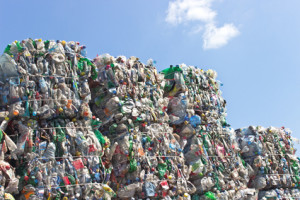For those of us who care about the earth and our environment, it’s really important to recognize the difference between biodegradable and non-biodegradable waste.
We all know that we should recycle. Some of us do. Many of us do not. As a species, we have created incredible technology in the last several decades. This technology has provided products that can withstand extreme temperatures, pressure, are durable and usually inexpensive. These are all things that have helped to make life easier for many decades. But there is an impact on our environment, unfortunately.
It is easy to forget that some of these products do not break down naturally. This is called being non-biodegradable. Most of them are some form of plastic. One of the most abundant household waste is found in plastic grocery bags. This material is called polyethylene. It is a very inexpensive material and used in almost every packaging product containing plastic. We find it in everything from sandwich bags, water bottles to detergent bottles and hard hats. It is arguably the largest individual contributor of nonbiodegradable waste from humans. Not to mention, it is a non-biodegradable product that is often not recycled.
When we throw away non-biodegradable products, they are not able to be decomposed (broken down) by exposure to air, moisture or the earth. When something can be broken down by the soil or environment, it is considered biodegradable. Natural waste, such as compost, branches, leaves and even dead animals, is easily broken down by the earth.
More and more non-biodegradable garbage is not recycled and put into landfills. The increase detriment to the environment is seen with the rise of our waste and landfills. Even making the smallest changes can have a significant impact over time. So what can you do? Follow the 3 R’s:
Reduce– the amount of non-biodegradable waste you use.
Reuse– plastics, especially things like water bottles.
Recycle– this can’t be over-stated. Recycling of non-biodegradable waste is important to the health of our earth.
If you have biodegrable or non-biodegradable waste removal needs, please contact R&R Containers. If you want to read more on common household plastics and recycling click here.


